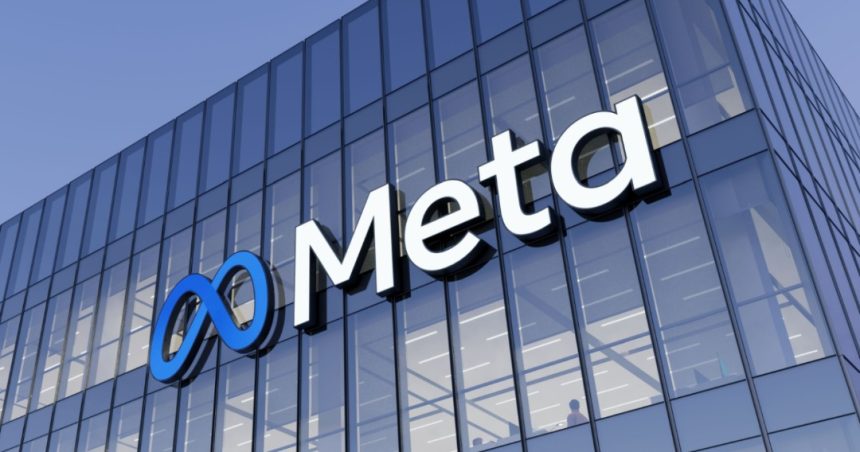Meta Platforms announced on Tuesday that it will begin removing more posts that target “Zionists” when the term is used to refer to Jewish people and Israelis rather than supporters of the political movement.
This decision marks a significant expansion of Meta’s hate speech policy, which aims to protect individuals from direct attacks based on characteristics such as race, ethnicity, religious affiliation, disability, and gender identity.
In a recent blog post, Meta explained that it will now remove content “attacking ‘Zionists’ when it is not explicitly about the political movement” and instead employs antisemitic stereotypes or incites harm through intimidation or violence directed at Jews or Israelis.
The social media giant acknowledged that its previous policies, which only addressed the use of the term “Zionist” in two specific contexts, were insufficient in tackling the broader misuse of the word.
This policy update follows extensive consultations with 145 stakeholders from civil society and academia across various global regions. It comes at a time of heightened tensions in the Middle East, exacerbated by the ongoing Israel-Hamas conflict.
READ ALSO:
Caleb Okoli: Italian-Nigerian Footballer Joins Leicester City from Atalanta

Meta’s approach to content related to the Middle East has been a contentious issue for years, with increased scrutiny and criticism following the escalation of the war.
Rights groups have accused Meta of disproportionately suppressing content supportive of Palestinians on platforms such as Facebook and Instagram.
By broadening its hate speech policy, Meta aims to create a safer and more inclusive environment for all users, particularly in the context of the complex and often volatile discourse surrounding the Middle East.
This move reflects the company’s commitment to addressing harmful content and protecting individuals from targeted attacks, while also responding to feedback from a diverse range of voices and perspectives.

